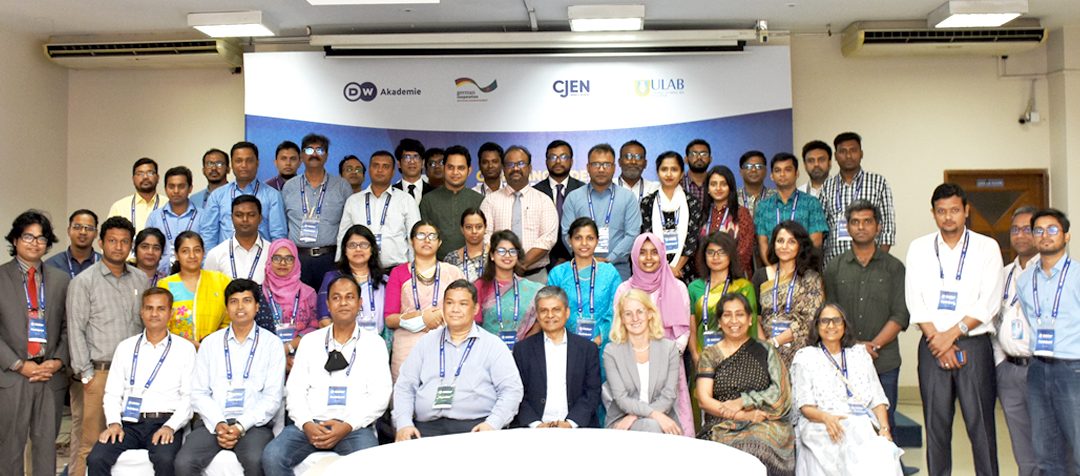
AMIC Newsletter-April-June 2022

AMIC-UNESCO partnership promotes MIDL in Cambodia
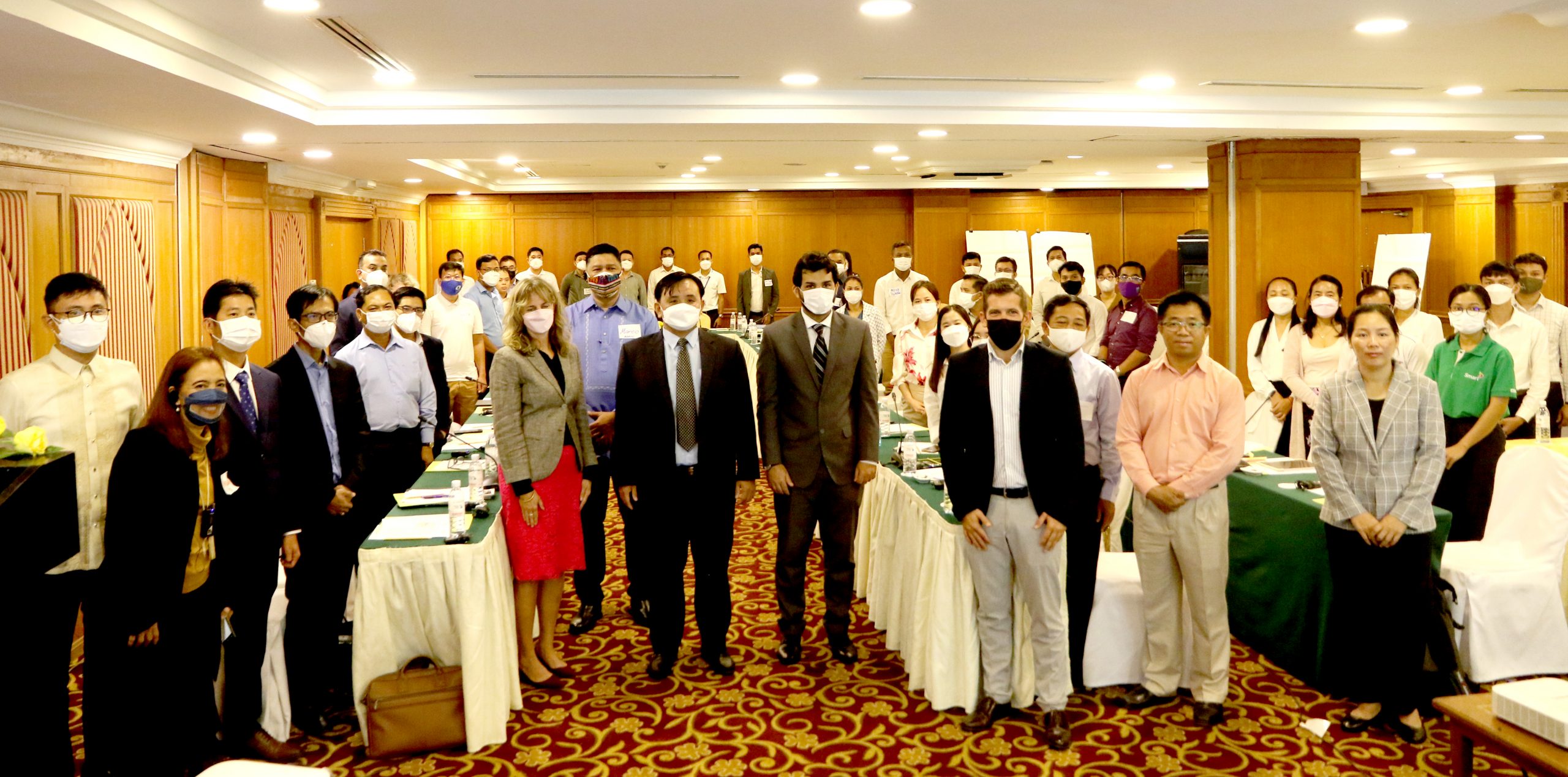
The Asian Media Information and Communication Centre (AMIC) has partnered with UNESCO Phnom Penh to promote media, information and digital literacy (MIDL) in Cambodia. The project coincides with Cambodia’s launching of its policy frameworks for a digital economy, society, and government spanning the years 2021 to 2035.
Nominations now open for 2022 AMIC Asia Communication Awards
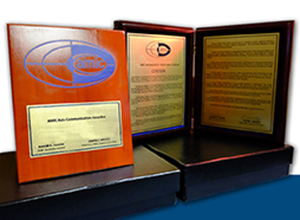
AMIC is pleased to announce that the 2022 AMIC Asia Communication Award is now open for nominations. Started in 2006, the Award recognizes outstanding achievements in Asian communication media.
Media Asia’s journal ranking improves, publishes issues ahead of schedule
By Danilo Araña Arao, Editor, Media Asia
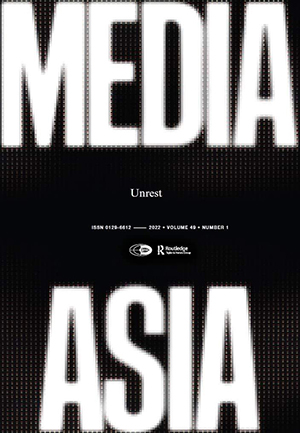
Media Asia continues to improve journal ranking as it publishes issues ahead of schedule.
Based on Scimago Journal & Country Rank data as of April 2022 (Scimago Journal & Country Rank), the quarterly journal’s highest quartile ranking is pegged at Q2 (Linguistics and Language). Scimago’s metrics are based on Scopus data which compute Media Asia’s CiteScore 2021 at 0.5 (Scopus data).
Asian Journal of Communication’s journal ranking improves, Vol. 32, 2022, Issue 3 uploaded
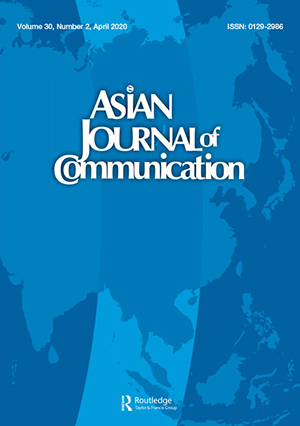
Asian Journal of Communication (AJC), Volume 32, 2022, Issue 3, is now up and accessible online, while the journal is earning steadily rising scores in citation performance or Impact Factor (IF), according to Dr. Peng Hwa Ang, Editor in Chief.
Peng Hwa Ang announced that the Impact Factor (IF) of AJC has been rising, indicating improved non-self citation performance of the journal over a period of three years—from 0.743 in 2019, to 1.893 in 2020, and 2.074 in 2021. (Source: Clarivate, Journal Citation Reports 2020-2022)
About the Asian Journal of Communication
By Dr. Peng Hwa Ang, Editor
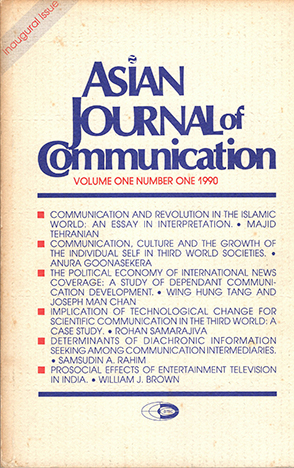
The Asian Journal of Communication is the flagship publication of AMIC. It was visionary venture by pioneering member Eddie Kuo and former research director of AMIC the late Anura Goonasekara.
AMIC observes World Press Freedom Day
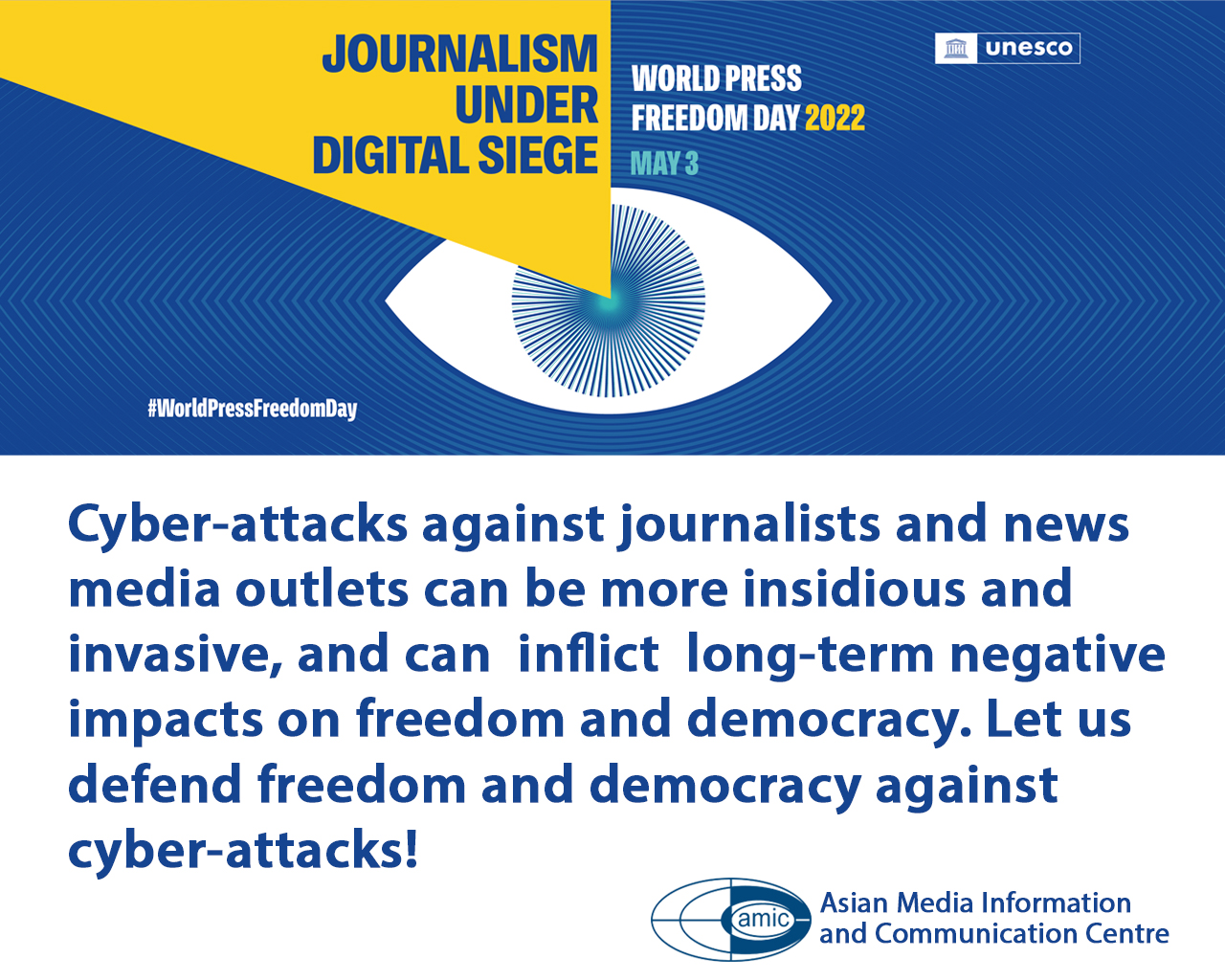
AMIC joined the global community in commemorating this year’s World Press Freedom Day (WPFD) on 03 May 2022.
World Press Freedom Day (WPFD) was conceived in 1993 to remind people all over the world of the need to protect and defend press freedom at all times, especially in challenging times.
AMIC Board Chair gets Alumni Award
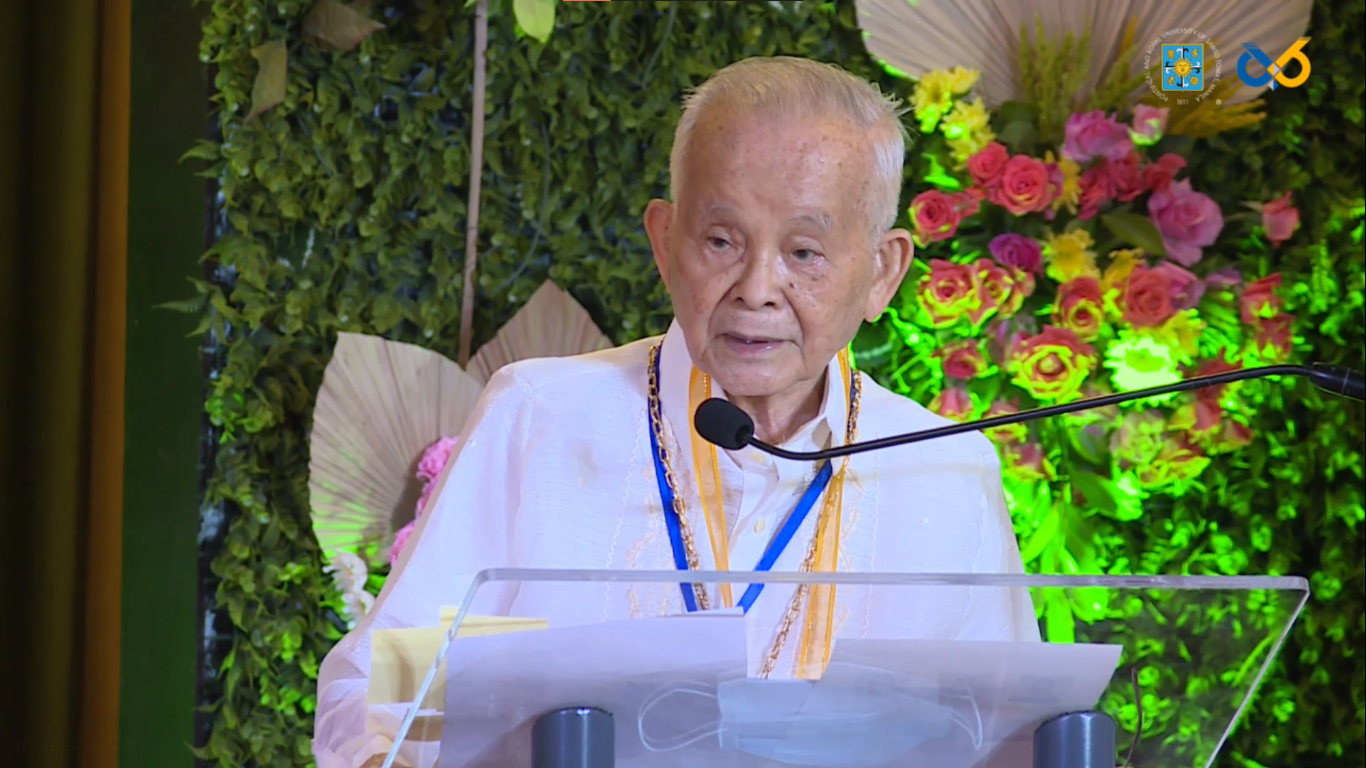
AMIC Board of Directors Chair Dr. Crispin C. Maslog received the 2022 Thomasian Outstanding Alumni (TOTAL) Award for Media. The Award is the highest honor bestowed by the University of Santo Tomas (UST) upon Thomasian Alumni in recognition of their significant and exemplary contribution to the society and the Church.
AMIC History Book Launched
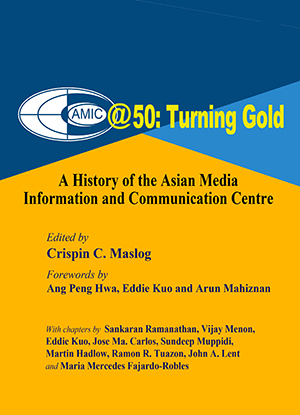
AMIC@50: A History of the Asian Media Information Centre was launched last December on the occasion of AMIC’s golden jubilee. It is a 200-page story of the organization founded and registered in Singapore in 1971 and now based in Manila since 2015.
2021 AMIC Conference Book of Abstracts now Online
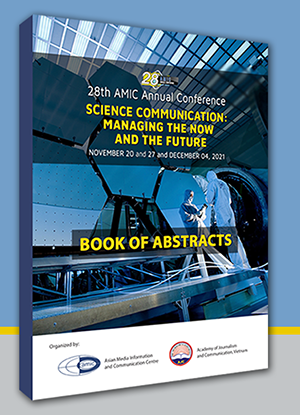
The 28th AMIC Annual Conference Science Communication: Managing the Now and the Future Book of Abstracts (2021) is now online. Please visit the AMIC Website to view and download a copy of the Book of Abstracts, available at https://amic.asia/amic-book-of-abstracts-2021/.
Communication Theory: The Asian Perspective 2022 edition launched
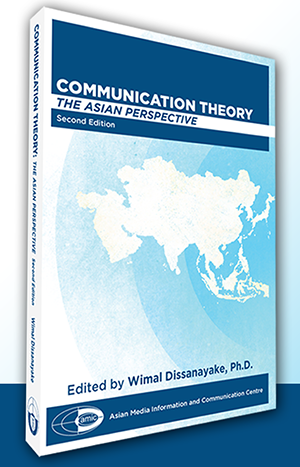
The 2022 edition of COMMUNICATION THEORY THE ASIAN PERSPECTIVE was launched on 04 December 2021, the last day of the 28th AMIC Annual Conference.
AMIC partners with JRE-IAMCR and AIJC in book launch
Asian Media Information and Communication Center (AMIC) in partnership with the Asian Institute of Journalism and Communication (AIJC) and the University of Pretoria sponsored the launching of the books produced by the Journalism Research and Education Section of the International Association for Media and Communication Research (IAMCR), on June 20, 2022.
Moderated by Dr. Sadia Jamil (Chair, JRE Section), with Bruce Mutsvairo (Associate Professor, Utrecht University) as discussant, 10 books were presented at the online event.
JRE Book Launch 2022
Message by Ramon R. Tuazon
Secretary General, Asian Media Information and Communication Centre (AMIC)

In our continuing war against disinformation, journalism education is our best defense. Today, we launch nine journalism and communication books which will be part of our truth defense tools.
New Books published by AMIC UAE Country Representative

Dr. Sadia Jamil, AMIC Country Representative for the United Arab Emirates and Chair of the Journalism Research and Education Section of the International Association for Media and Communication Research (IAMCR), has announced the publication of three books that she has edited or co-edited.
Fifth CJEN Bangladesh Networking Conference held at ULAB
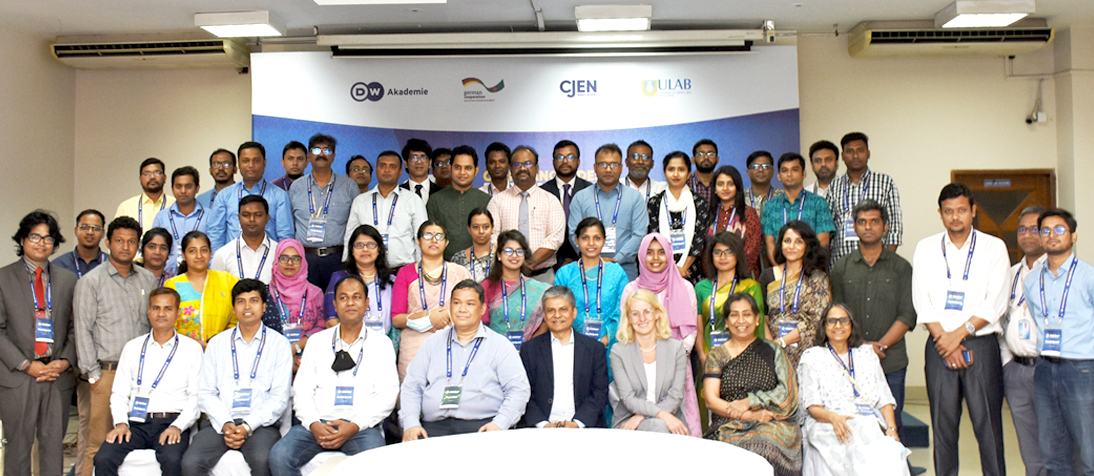
The Department of Media Studies and Journalism at University of Liberal Arts Bangladesh (ULAB) organized the conference titled, “Communication and Journalism Educators Network (CJEN) Bangladesh Fifth Networking Conference 2022” on 13 and 14 May 2022, where 67 educators and 20 students from different universities in the country participated.
Professor Imran Rahman, ULAB Vice-Chancellor, in his opening speech said the authorities of the university had a strong commitment to promoting media in the country. So, the Media Studies and Journalism Department (MSJ) always tries to prepare its graduates by updating its courses and curriculum in consultation with stakeholders from the media industry on regular basis.

